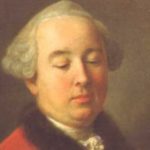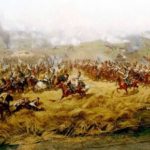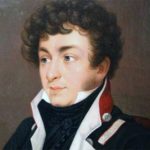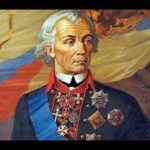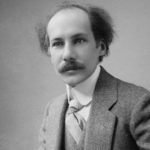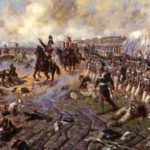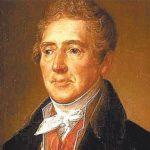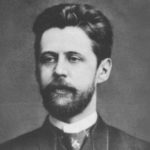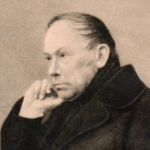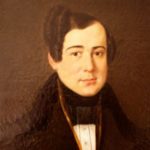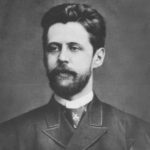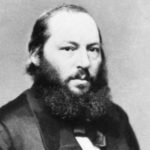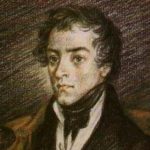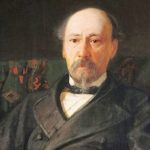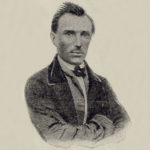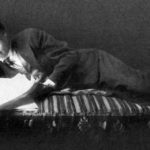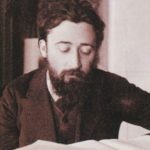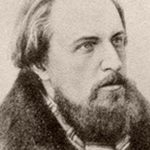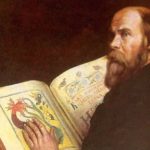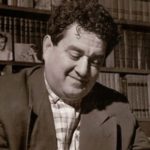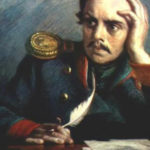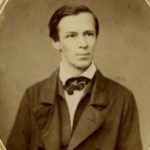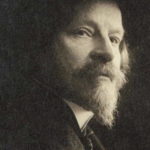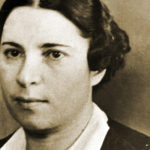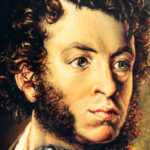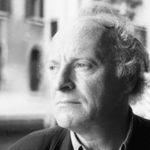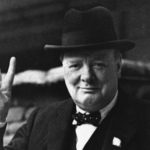Facts about the life of Denis Davydov
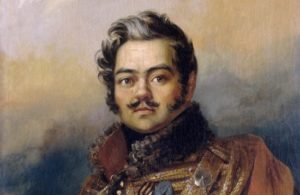 The poet of the Napoleonic wars, Denis Davydov is often called “the main hussar of Russia.” Being a talented military leader, an educated man and a courageous man, he had an amazing talent in poetry. How he managed to combine such different qualities in himself is still a mystery to this day, but the fact remains that the biography of Denis Davydov can be read as an adventure novel, interspersed with highly original poetry.
The poet of the Napoleonic wars, Denis Davydov is often called “the main hussar of Russia.” Being a talented military leader, an educated man and a courageous man, he had an amazing talent in poetry. How he managed to combine such different qualities in himself is still a mystery to this day, but the fact remains that the biography of Denis Davydov can be read as an adventure novel, interspersed with highly original poetry.
The father of the future hussar served under the authority of the celebrated Suvorov.
In his youth, Denis suffered because of his nondescript appearance – short stature, inexpressive face. At least he said so himself.
After Catherine II came to power, Davydov’s father was accused of shortage in the regiment’s treasury, was dismissed from service and is obliged to pay a huge debt – 100 thousand rubles. For comparison, the soldier then received 7 rubles a year. Davydov had to sell the family estate.
After these events, the father of the future poet acquired the village of Borodino. Subsequently, it was completely destroyed during the famous Battle of Borodino.
Suvorov, who saw 9-year-old Denis Davydov, prophesied a brilliant military career. As subsequent events showed, he was absolutely right.
Because of his satirical poems, he was demoted from the horse guards to the hussars. However, the poet himself was not upset at all.
The popular character Lieutenant Rzhevsky, who first appeared in 1941, owes his birth to Denis Davydov’s poem “Decisive Evening”.
He made friends with A. Pushkin.
A part of the left usa hussar is kept in the Russian National Library.
In his youth, he courted Aglaia de Gramont, however, she chose to marry his cousin.
Subsequently, Denis Davydov got married, and he already had 9 children in a marriage.
During the war of 1812, he created and led a partisan detachment that harassed the French army with short attacks, followed by a quick retreat. Napoleon even ordered to create a separate squad to catch the daring hussar, but the new formation failed.
The poet described his partisan weekdays in his diary.
After the war, Denis Davydov, who had already served as a major general, became close friends with Kuchelbecker and Griboyedov.
Soon after these events, the authorities decided to take away the military rank from Davydov and transfer him to a horse ranger regiment. However, he said that huntsmen, unlike hussars, cannot wear a mustache, and therefore can not serve in huntsmen. As a result, he remained a hussar. Chin, by the way, was returned to him, and subsequently the poet was promoted to lieutenant general.
The Soviet film “Squadron of Hussars flying” is based on the biography of Denis Davydov.
